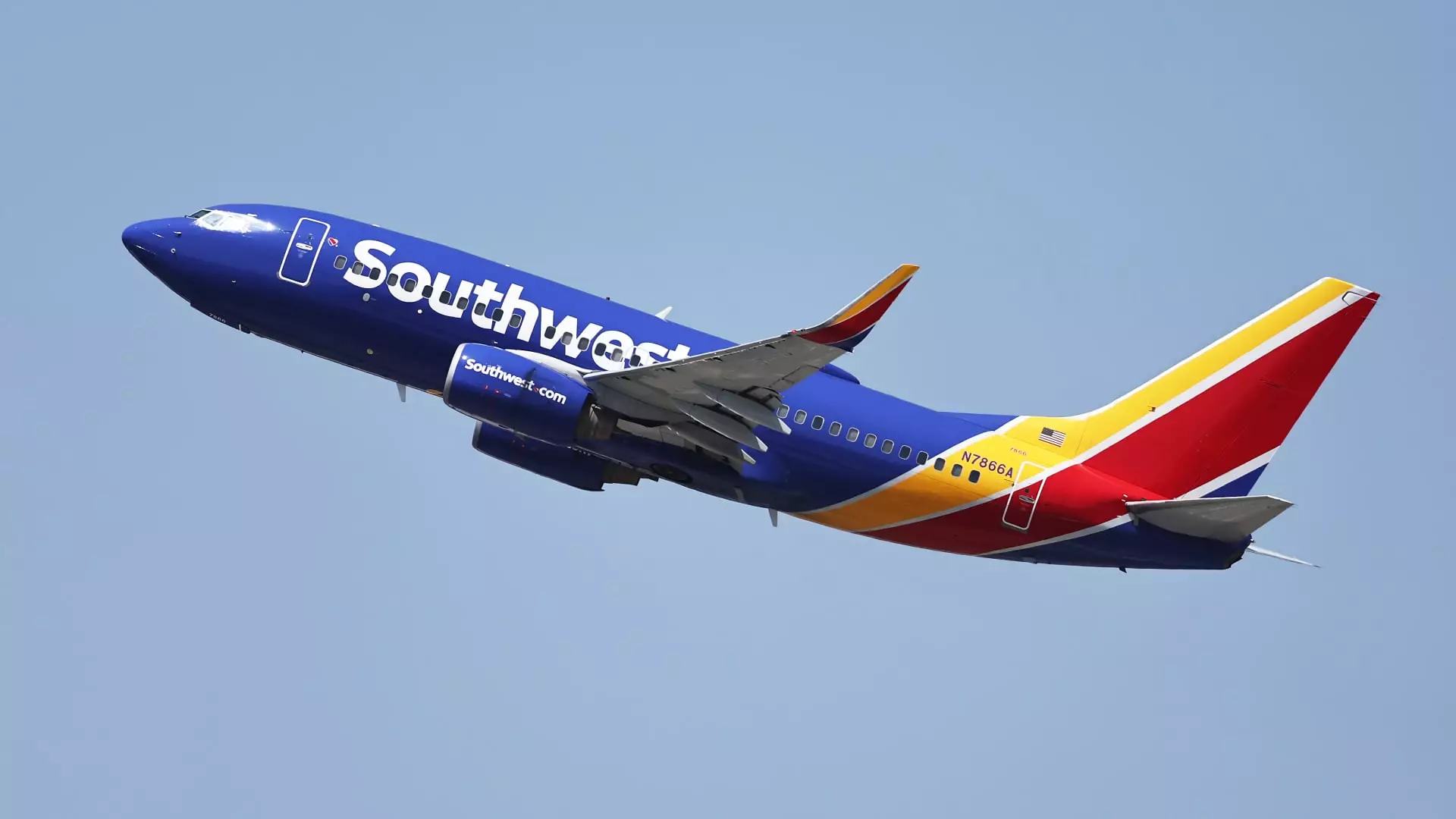Southwest Airlines is confronting significant challenges as it embarks on a strategic overhaul aimed at revitalizing profitability. Under pressure from activist investor Elliott Investment Management, the airline is re-evaluating its operational strategies and management structures. This shift reflects a broader industry trend where airlines must adapt to rising competition and changing consumer expectations.
Elliott Investment Management has been vocal about its dissatisfaction with Southwest’s current leadership and strategic direction, urging changes that focus more intently on enhancing the company’s financial performance. In a proactive response, Southwest has initiated a series of modifications to its long-standing business model. Traditionally celebrated for its open seating policy, the airline plans to shift to assigned seating—a move that underscores its commitment to streamline operations and potentially enhance customer satisfaction.
Among other changes, Southwest is introducing options for premium seating, offering passengers additional legroom for an elevated fare. These strategies are designed not only to diversify revenue streams but also to align the airline closer to its competitors, which have adopted similar models. Additionally, the decision to expand the visibility of its flights on platforms like Google Flights and Kayak marks a significant pivot in marketing strategy. This approach is particularly focused on attracting younger travelers, a demographic that increasingly relies on digital platforms for travel planning.
In a recent communication to staff, Southwest’s Chief Operating Officer Andrew Watterson acknowledged the impending tough choices that lie ahead to steer the airline back to financial stability. While he alleviated concerns regarding imminent furloughs, he indicated that adjustments to the airline’s network would be necessary. This might result in reduced operations in certain cities, compelling staff to consider relocating to sustain their roles within the company.
The sentiment of ensuring a profitable flight network resonates with broader strategies employed by other airlines experiencing similar pressures. Notably, JetBlue has recently cut routes to optimize flight schedules for higher revenue-generating operations, setting a precedent that Southwest seems poised to emulate.
The upcoming investor day scheduled at Southwest’s Dallas headquarters will shed more light on these initiatives, providing stakeholders with insights into the airline’s redirecting strategies and planned route modifications. Stakeholder engagement will be crucial as the airline navigates through these turbulent changes, striving to realign its objectives with both market expectations and operational effectiveness.
As Southwest Airlines embarks on these pivotal shifts, the emphasis remains on adapting swiftly to an evolving landscape in the airline industry. With a focus on profitability and a renewed commitment to customer satisfaction, the airline’s strategies will be closely scrutinized as it seeks not only to survive but to thrive in a competitive marketplace. With Elliott’s influence and an evolving operational framework, the airline may yet find itself in a more favorable position to confront the complexities of modern air travel.

Leave a Reply